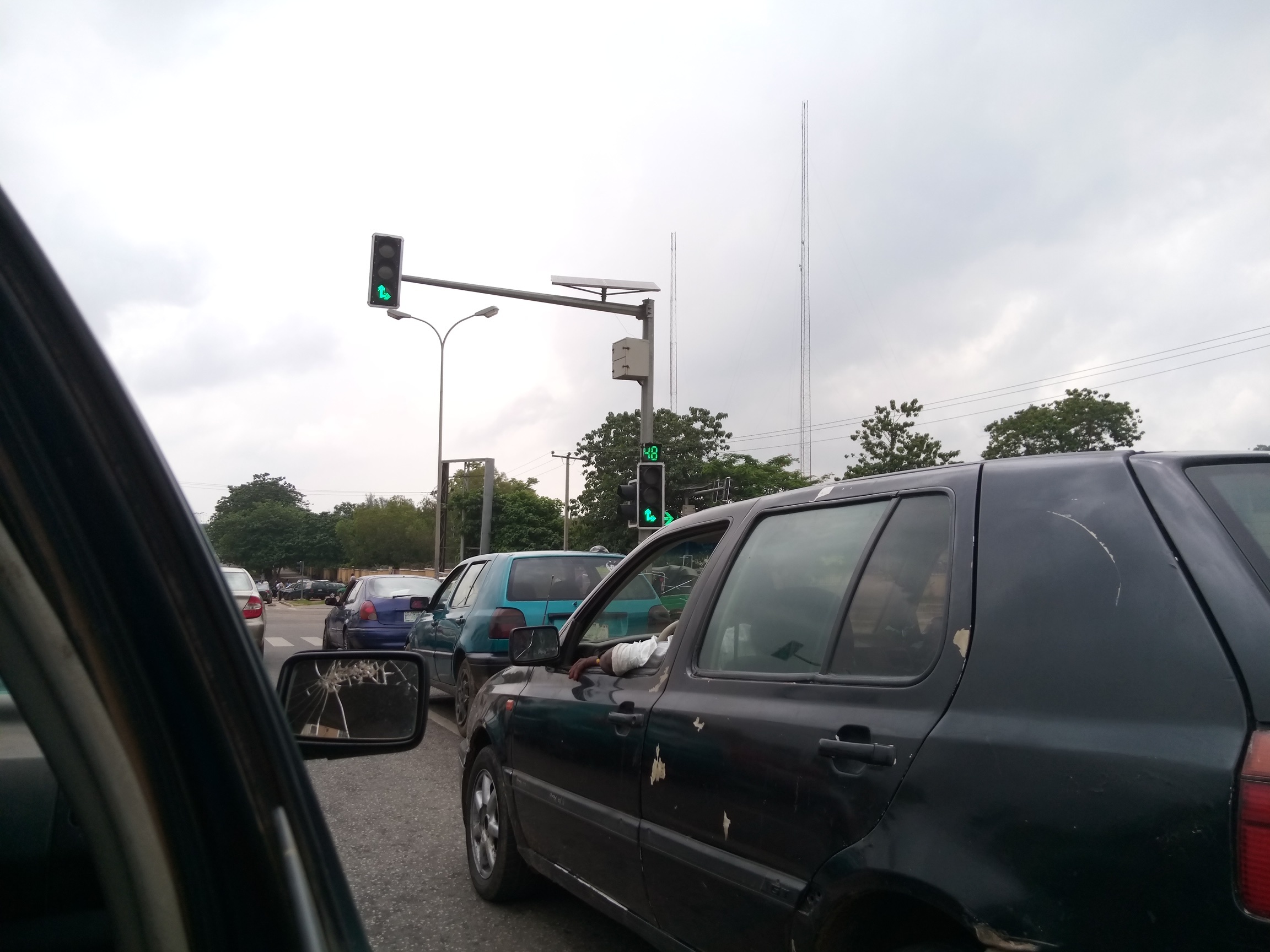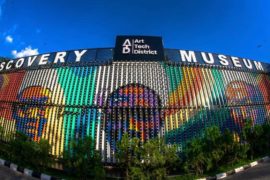As a city develops, it attracts a lot of people who come to seek greener pastures, make ends meet or to experience city life. With such an influx, traffic gridlocks can abound. I remember my geography lessons indicating traffic as one of the problems encountered in urban areas.
Navigating Abuja, especially the Abuja Municipal Area Council (AMAC), should not be a problem. There are alternate routes to avoid traffic gridlocks due to an efficient road network. The only hindrance would be that of a few stop signs and traffic lights.
Entry points, such as Nyanya, Kubwa, and Airport road, are the worst hit with traffic hold-ups. A good percentage of those working in the city live in satellite towns such as Mararaba in Nasarawa State, Nyanya, Karu, Lugbe, Kubwa, Suleja, and Madalla in Niger State due to the unaffordability of rent in Abuja.
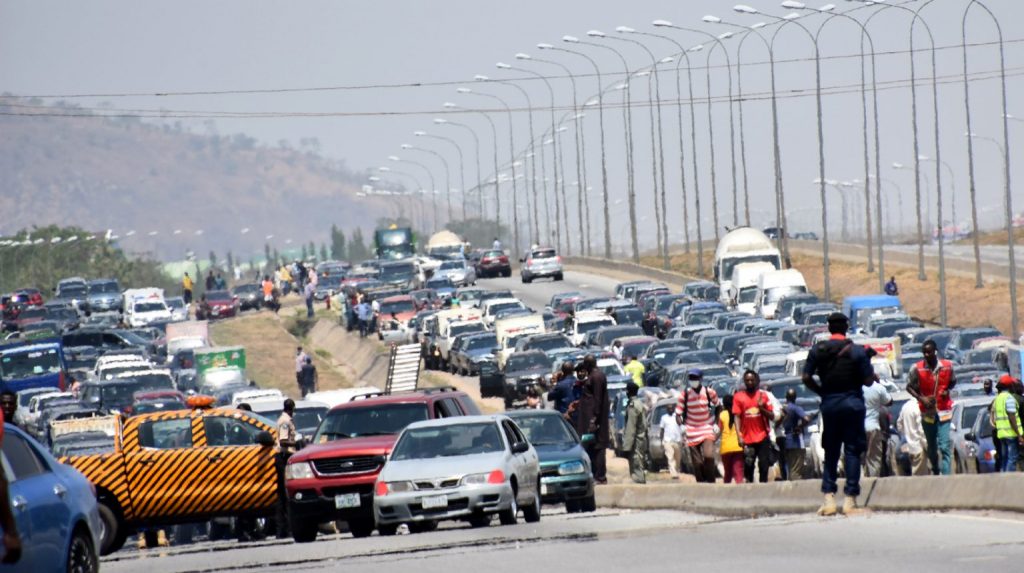
Of all the area councils in Abuja, AMAC considered the commercial zone has high traffic since the Presidential Villa, Houses of Assembly and Representatives, Government ministries, agencies and parastatals, and corporate offices of companies situate there. There is a daily influx of people (workers and employment-seekers) into this area and thereby an enormous traffic-gridlock potential.
Considering the Keffi-Abuja expressway linking Nasarawa State to the Federal Capital Territory (FCT) via Nyanya and Kugbo, residents in this area wake up as early as 4 am to get to work which would usually take 30 to 40 minutes to the Federal Secretariat (as a reference point). The gridlock experienced along this road at times runs as far as Mararaba in Nasarawa State through Nyanya, Kugbo, and lightens at Asokoro. Without an early departure for work, the commute would take up to 2-3 hours. This inconvenience poses adversely to the health and wellbeing of commuters as the same traffic nightmare is experienced on their journey home from work by 5 pm even having some arrive at their homes by 8 pm.
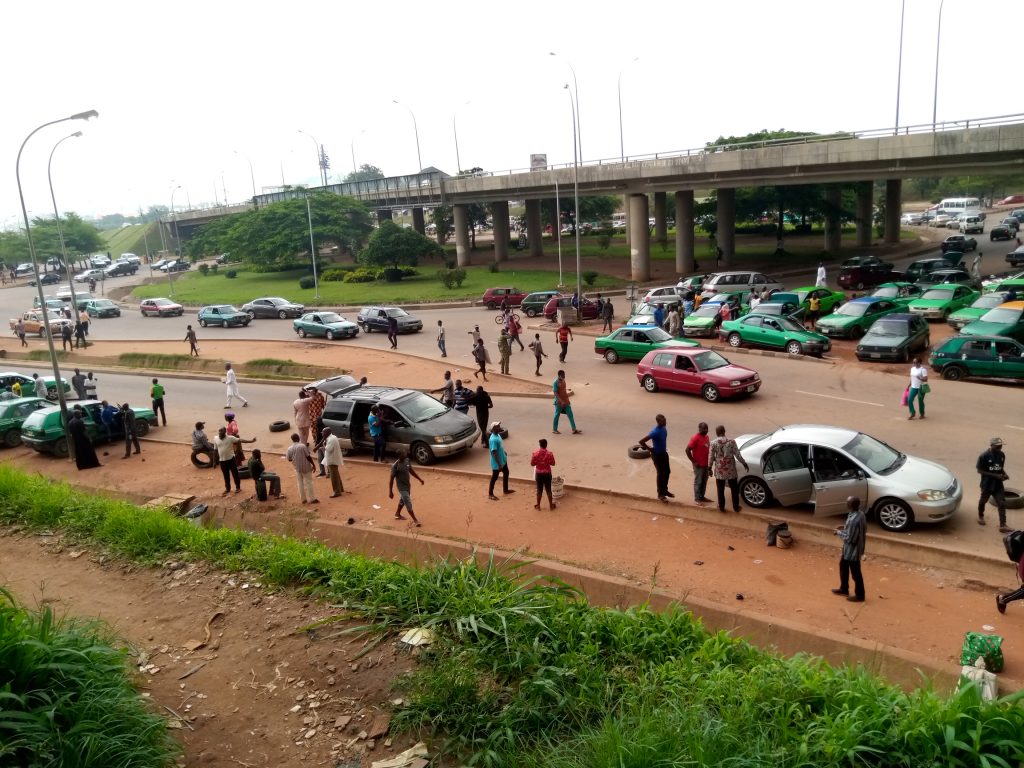
If you must escape the traffic gridlock on this road, it is advisable to either leave very early or very late. Beginning your commute to work as early as 4 am or as late as 8 am and commuting home from work as early as 4 pm or as late as 8 pm are ideal. The good news is that there is currently road construction to have the carriage-way expanded to four lanes, which should be complete and ready for commuting in late 2021. Its completion is expected to bring succor to commuters and ease the traffic tension on that route.
Daily commuters plying the Kubwa and Lugbe routes also experience similar traffic woes. With the existence of alternative routes, the gridlock would subside. As there are no alternative routes now, law enforcement personnel help to reduce the severity by controlling the flow of traffic.
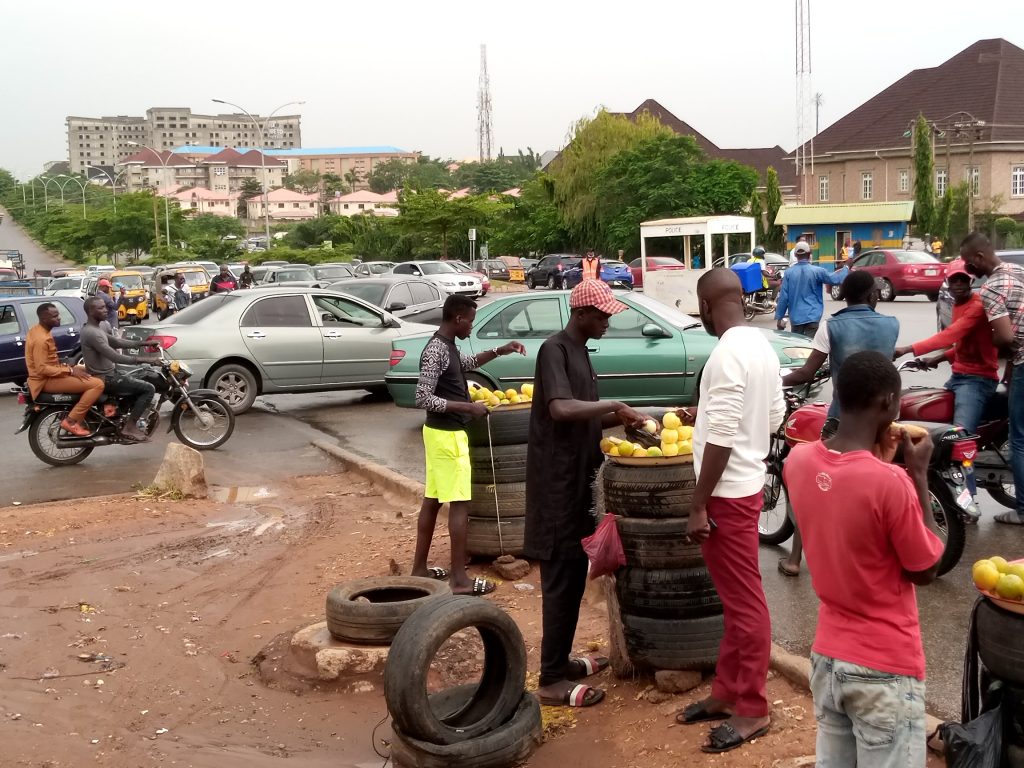
Advisably, there are places in the city to avoid when in a hurry. Area 1 roundabout, AYA roundabout, Gudu junction, Wuse market, Karmo market, Banex are a few. These places experience intense traffic conditions, especially during the evening rush hour. These are like landmark areas where those who don’t own cars, get to use public transport like cabs and BRT buses to their destinations.
Abuja, being the Federal Capital Territory of Nigeria and one of the better-developed cities in Nigeria will always experience the immigration of people to it. An earnest expectation is that the planning authority has adequate intent and scheme to meet the traffic demands of the city continually.


